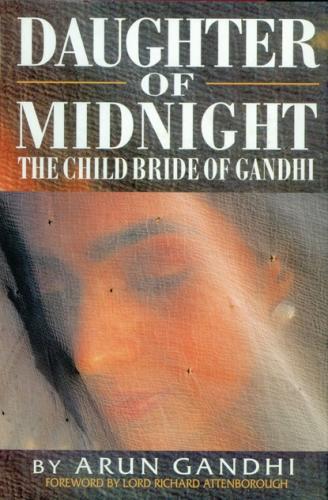“I’ve done nothing wrong,” Mohandas said. “The facts I reported are true. The demands I made are just — the same demands I have been making in Natal for two years. If only I could explain to them …”
“But they would not hear you — they are too angry,” she said. “How can you make angry people listen to explanations?”
Mohandas had been asking himself the same question.
“We must have faith in God to see us through this crisis.” That was his only answer, but it was answer enough for Kasturbai. So the crisis continued for another 2½ weeks. The S.S. Courland and S.S. Nadir lay at anchor just outside Durban harbour, becalmed by the Natal government’s gamble that passengers could be intimidated into returning to India; or, failing that, could be prevented from landing until public unrest in Durban subsided. With each succeeding day on board, tension mounted, hardships increased. Water and provisions ran low; fresh supplies were tardy in arriving.
Finally, on January 13, 1897, the waiting game was over. The government, its pretexts for delay exhausted, lifted the quarantine. Forty-four days out of Bombay (19 at sea and 25 quarantine) the Courland and Nadir were at last allowed to enter the harbour and dock in Durban.
Конец ознакомительного фрагмента.
Текст предоставлен ООО «ЛитРес».
Прочитайте эту книгу целиком, купив полную легальную версию на ЛитРес.
Безопасно оплатить книгу можно банковской картой Visa, MasterCard, Maestro, со счета мобильного телефона, с платежного терминала, в салоне МТС или Связной, через PayPal, WebMoney, Яндекс.Деньги, QIWI Кошелек, бонусными картами или другим удобным Вам способом.
